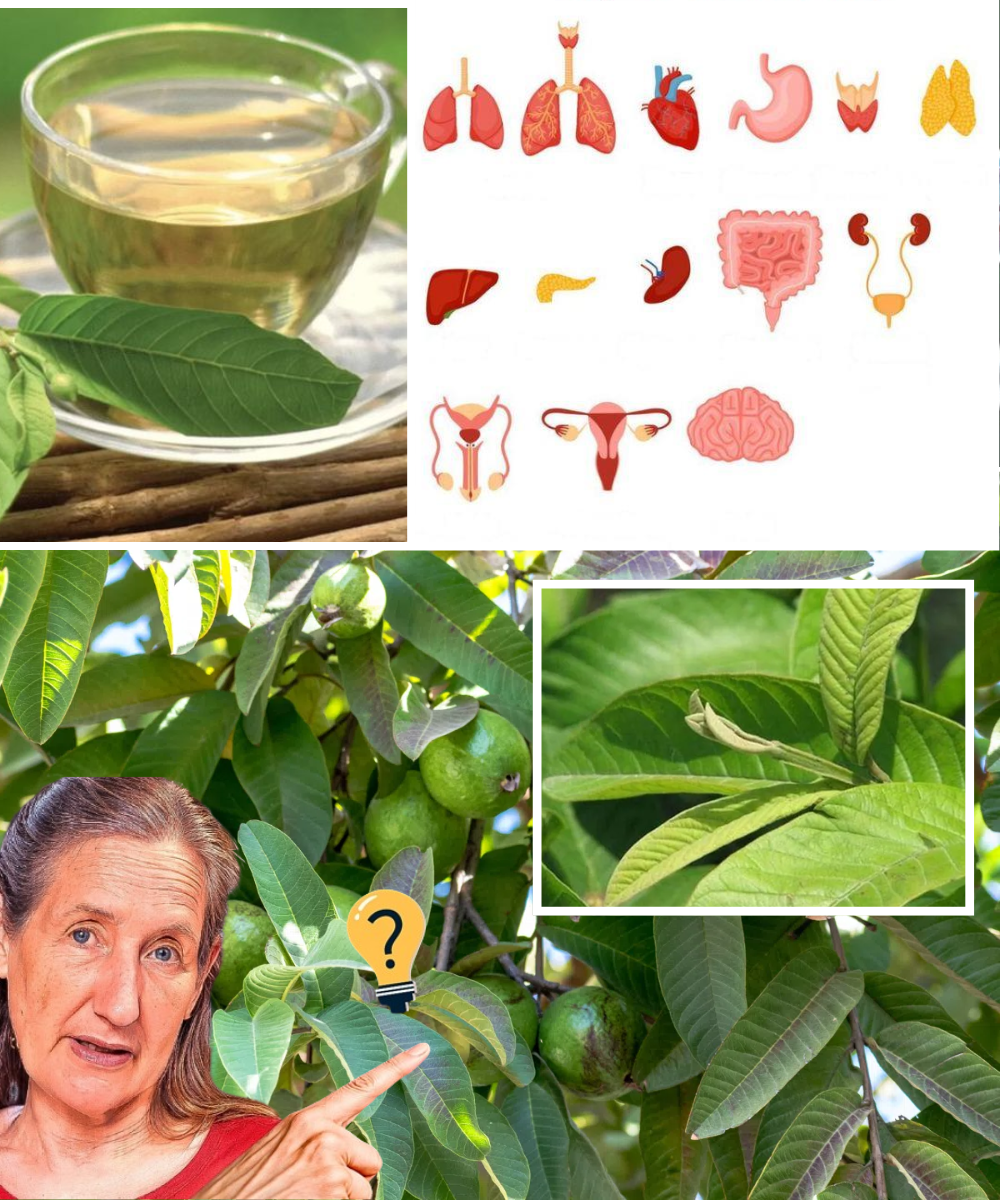For centuries, yarrow (Achillea millefolium) has been treasured as one of nature’s most versatile and effective healing herbs. With its delicate white or pink flowers and fern-like leaves, yarrow grows wild across the world—but don’t let its simple appearance fool you. This plant carries a legacy of powerful healing properties rooted in ancient traditions and now supported by modern herbalism.
Whether you’re looking to heal wounds, balance your hormones, ease digestive issues, or support heart health, yarrow may be the botanical ally your body needs. Let’s explore 15 incredible benefits of this time-tested herb and how you can incorporate it into your daily life.

🌿 15 Health Benefits of Yarrow
1. Wound Healing and First Aid
Yarrow has astringent, antiseptic, and anti-inflammatory properties, making it ideal for treating minor cuts, bruises, and scrapes. It promotes blood clotting, reduces swelling, and speeds up recovery—earning it the nickname “soldier’s woundwort” throughout history.
2. Digestive Support
Yarrow stimulates bile production and soothes the digestive tract, helping to relieve bloating, indigestion, cramps, and sluggish digestion. A cup of yarrow tea after meals can promote digestive ease and regularity.
3. Menstrual Relief and Hormone Balance
Yarrow has long been used to ease menstrual cramps, regulate heavy periods, and calm PMS symptoms. Its antispasmodic effect relaxes the uterine muscles, while its ability to balance hormones makes it ideal for women’s health.
4. Fever Reduction
As a diaphoretic herb, yarrow promotes sweating, which helps break fevers naturally. It’s commonly used in herbal flu blends to support the body’s detox during illness.
5. Anti-Inflammatory Action
Thanks to its rich profile of flavonoids and tannins, yarrow reduces inflammation throughout the body. It can be beneficial for conditions like arthritis, joint pain, eczema, and even inflammatory gut issues.
6. Blood Pressure Regulation
Yarrow acts as a natural vasodilator, relaxing blood vessels and improving circulation. This helps reduce high blood pressure and support heart health.
7. Cardiovascular Support
In addition to lowering blood pressure, yarrow improves blood flow, reduces clot risk, and supports overall circulatory health, making it an ally for the aging heart.
8. Antiseptic and Antibacterial
Yarrow contains antimicrobial compounds that can help prevent infections. Applied topically, it protects wounds and skin conditions from bacterial contamination.
9. Respiratory Health Booster
Its expectorant and anti-inflammatory properties make yarrow useful for clearing mucus and easing inflammation in the lungs. It’s helpful for bronchitis, colds, allergies, and mild asthma.
10. Natural Detoxification
Yarrow aids detox by encouraging both sweating and urination, helping your body eliminate toxins, excess fluids, and waste more efficiently.
11. Nervous System Support
Yarrow has gentle calming effects, easing anxiety, irritability, and nervous tension. A warm cup of tea in the evening can help restore emotional balance and promote restful sleep.
12. Immune Defense
Loaded with antioxidants, yarrow boosts immune function and helps the body defend against viruses and seasonal infections. It’s a great ally during cold and flu season.
13. Skin Healer
Yarrow reduces acne, soothes inflamed skin, and tones pores thanks to its astringent and antimicrobial qualities. It’s commonly found in natural skin serums and salves.
14. Relief for Varicose Veins
Due to its ability to improve circulation and reduce inflammation, yarrow can soothe the pain and swelling associated with varicose veins. Apply topically or use in baths for relief.
15. Supports Weight Management
Yarrow enhances digestion, stimulates metabolism, and helps the body shed excess water weight. It complements detox and weight loss programs naturally.
🌼 How to Use Yarrow Safely and Effectively
1. Yarrow Tea
- Steep 1–2 teaspoons of dried yarrow flowers in hot water for 10–15 minutes.
- Drink up to 2–3 cups daily for digestive support, fever reduction, or menstrual relief.
2. Yarrow Tincture
- Use 10–15 drops in water up to 3 times a day for concentrated relief from menstrual cramps, indigestion, or stress.
- Always follow dosage instructions from a reputable source.
3. Poultice for Cuts & Bruises
- Crush fresh yarrow leaves and flowers.
- Apply directly to the wound and cover with clean gauze to promote healing.
4. Yarrow Salve or Infused Oil
- Use on rashes, eczema, or varicose veins. Massage into skin for anti-inflammatory and antimicrobial relief.
5. Yarrow Essential Oil
- Add a few drops (diluted in carrier oil) to a bath or massage blend to reduce inflammation, ease muscle pain, or relieve tension.

⚠️ Important Notes & Precautions
- Avoid yarrow during pregnancy as it may stimulate uterine contractions.
- People allergic to plants in the Asteraceae family (like daisies or chrysanthemums) should exercise caution.
- Not recommended for long-term internal use without supervision—take breaks between uses.
- Always consult a healthcare professional if you’re on medications or managing chronic health conditions.
✨ Final Thoughts: Ancient Herb, Modern Power
In a world of synthetic solutions, yarrow stands as a testament to nature’s healing brilliance. Used responsibly, it can support the body through stress, illness, inflammation, and imbalance—without the side effects of pharmaceuticals.
Whether you sip it in tea, apply it as a poultice, or use it in skincare, yarrow deserves a permanent spot in your herbal toolkit. Gentle yet effective, it’s the timeless remedy every natural wellness enthusiast should know.
🌿 Try yarrow today—and reconnect with one of nature’s most beloved healing plants.


